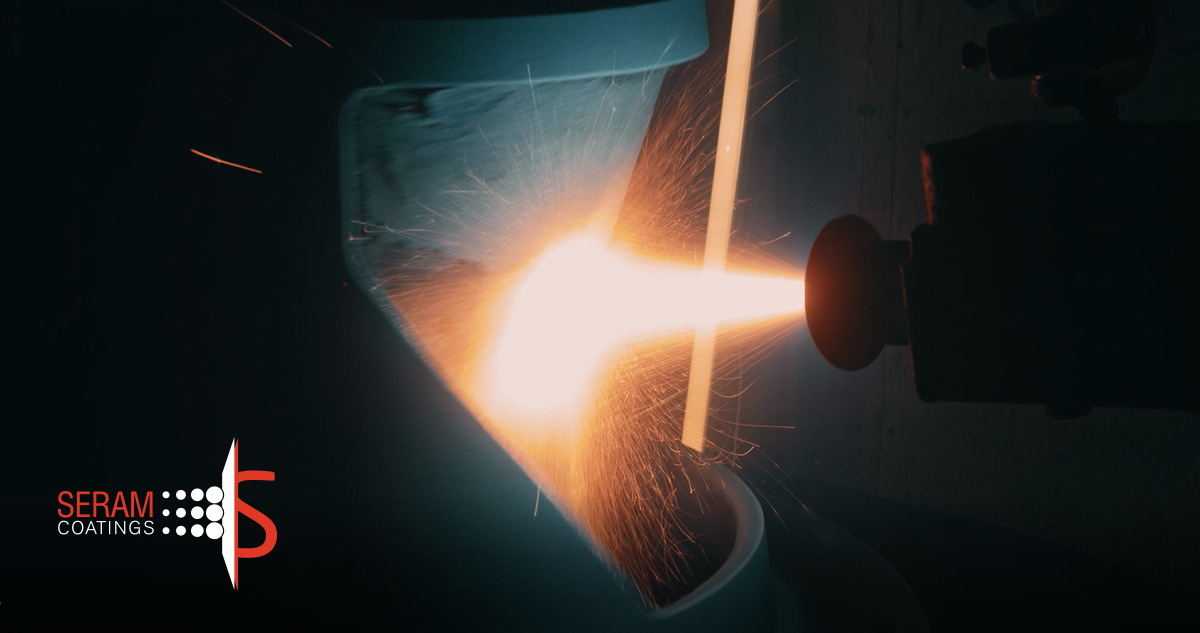Gisle Østereng

“30 years ago, an entrepreneur was underpaid and worked 24/7. Socially it was considered a risky choice and a bit foolish. Today it is the complete opposite.”
Gisle Østereng
Investment Manager at StartupLab
Previous postition:
CEO, Seram Coatings
Gisle is a serial entrepreneur that has transformed NTNU research into successful products more than once.
His first company was within software, then he went into mining technology and the latest company makes industrial coating. He has become quite an expert on puzzling together the pieces needed to establish solid and profitable companies, delivering game-changing products to the market. Gisle thrives in the early stages of a company. When the company is profitable, well prepared for take-off, his work is done, and he starts looking for the next venture. The latest company Gisle built, Seram Coatings, is based on a revolutionary NTNU technology enabling the world strongest industrial coating.
A word with Gisle
First of all, what is Seram Coatings and what challenge does it address?
All industrial assets exposed to wear and tear needs to be coated to extend their lifetime. There are many kinds of coating, but our product ThermaSic had some superior properties. Our coating is made of silicon carbide (SiC), one of the world’s hardest materials. Only diamond, cubic boron and boron carbide is harder.
Our competitive edge is that we are the first and only in the world, able to spray SiC onto materials. We help our customers save money by giving their products a longer lifetime and reducing maintenance costs. Also, our coatings can be applied without using vacuum chambers, making the appliance of the coating much more efficient and less expensive.
You have made entrepreneurship your profession. How did that happen?
When I was a student of Industrial Economics at NTNU, the GSM technology had been launched to the world. The technology was invented by NTNU researchers, but neither the inventors nor the university got a piece of the action. The technology was basically given away for free because there was no system for managing the Intellectual Property at NTNU at that time. The Swedes had Ericsson, and the Finns had Nokia. I found this quite embarrassing and decided I wanted to do something about it.
I am neither a technician nor an economist- I am an entrepreneur. I find the first customers and discover their needs. Based on that I can find investors, establish great teams and build solid companies. At the stage when I have 10 satisfied customers, I let someone else take over. Chasing customer number 299 is not my thing.
Why NTNU and NTNU Technology Transfer?
The fact that a business case is from NTNU is of great significance in Norway and the Nordics, because NTNU has a solid brand. It makes it a lot easier to connect to the right people, get investors and open the door to customers.
NTNU has a history of being among the best in the world to come up with new technologies. If it is a new technology, it is often patentable. And if you have a patent, you have a competitive advantage for the next 20 years. NTNU Technology Transfer does a very professional and tidy job in managing IP, writing patent applications, financing, analyzing markets and maturing the projects until they are ready to become a company.
Why would you recommend to others to become an NTNU Entrepreneur in Residence?
30 years ago, being an entrepreneur involved a lot of risk. It was financially insecure and kind of looked down upon. Today it is the complete opposite: entrepreneurs are cheered forward, the eco-system is getting more and more established, and you can get paid a decent salary. It is no longer as risky as before, and the potential gains weigh up for the risk. You usually get shares in the company that might become very valuable, and the level of learning and personal growth is enormous. The opportunity to fail and fail again before you get it right is something you do not get many other places. I would say everybody should try working for a start-up at some point in their career.
Any key experiences from your previous jobs you want to share?
As a good leader in a start-up company, you need to be able to handle 15 rainy days on a row, and still keep your head high. You need to be an optimist and keep your investors and customers close. Keep clear focus building the company, and take the actions needed to bring it to the next level. Get more investors, clients and new partners.
Also make sure your company always have something of value to offer. If you have something of value to sell, you are going to make it.
What is your passion?
I want to make a positive impact on society by helping new useful products enter the market, and in doing this keep evolving my skills as an entrepreneur.




